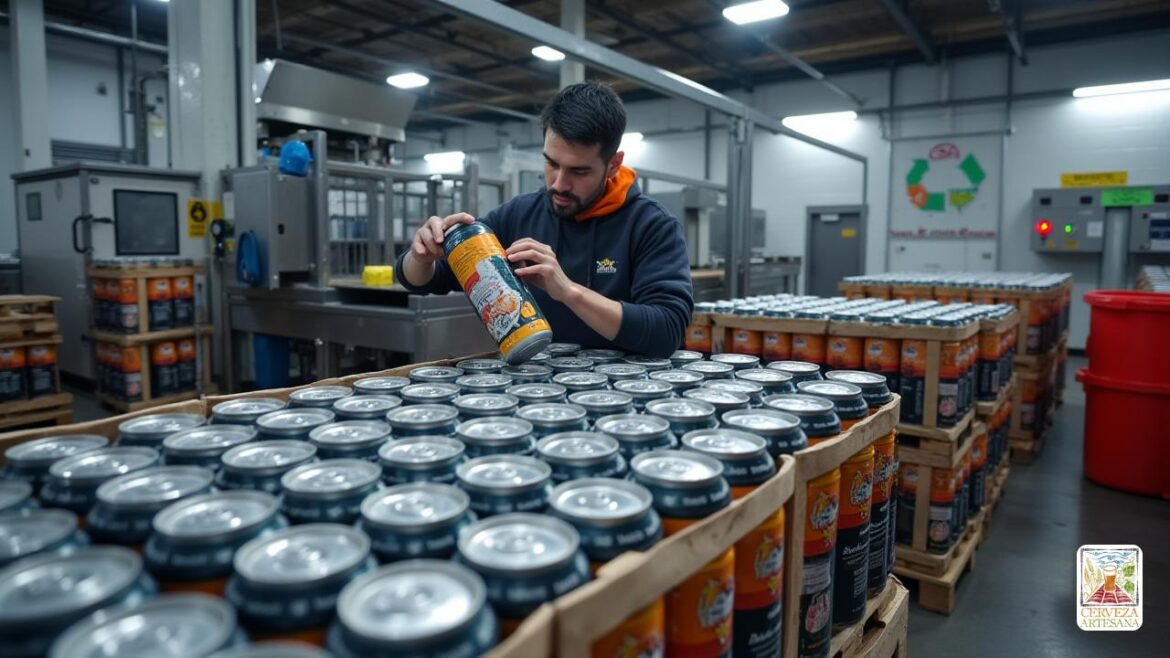The end of a beer tradition that seemed eternal
One of Belgium’s most emblematic beers, recognized for its tradition and quality, faces a challenge that could mark a before and after in its history. The disappearance of the monastic community that produced it in the abbey of San Benito in Limburg has put its denomination as a trapense product, although the beer itself continues on the shelves.
What does it mean to be a real trapense?
To understand the magnitude of the event, it is important to remember what a trapense beer meant. This is a category reserved for beers made in monasteries under the strict supervision of Transmissions, a branch of Benedictines very dedicated to religious life and community work. Its rules are quite clear: production must be carried out within the monastery walls, and profits must be destined exclusively to the support of the community and social initiatives.
The perfect storm: missing monks and breeding rules
For half a year, in the abbey of San Benito there is no monk inhabiting in his community. The lack of vocations and the gradual “depopulation” have led to, officially, beer production can no longer be considered under the strict international parameters. The brand, which for decades was a symbol of quality and tradition, is now found in a legal and symbolic limbo.
What changes will this turn bring?
The Church and those responsible for the abbey ensure that, in practice, there will be no interruption in production. The beer will continue to exist, but with a small change: on the labels, the seal that proudly showed its trapense origin will disappear, surely replaced by a more neutral design or even completely eliminated the reference. Abbot Nathanaël Koninkx, from Westmalle’s abbey, who now supervises the elaboration, insists that quality and taste remain intact, although the label perhaps has a less “tracestone” appearance.
International situation and a constant change list
With this change, Belgium officially reduces his list of genuine trapsy beers to five: Westvletren, Westmalle, Orval, Chimay and Rochefort. However, this situation does not stop worldwide growth and recognition of all. The popularity of traities abroad has been increasing, with producers in places such as Holland, Austria, the United States, Italy and the United Kingdom, who have continued to enrich the legacy with new proposals that keep the spirit of the monastic tradition alive.
Can Trapenses communities continue to thrive in the future?
The case of Belgian Abbey reflects a broader problem in the monastic world: the decrease in vocations and difficulties in sustaining monks communities in a modern and changing society. Despite this, the history of Transmissions continues to grow, adapting to new contexts and conquering palates worldwide. The struggle to keep a tradition alive, even in times of challenges, leaves the door open to new ways of preserving an ancestral legacy – that, beyond labels, you will always find a way to persist.







